Trump Administration's Legacy on Media: A New Era for Africa's Press Freedom
- by Sharon Medley , RNG247
- about 7 months ago
- 239 views
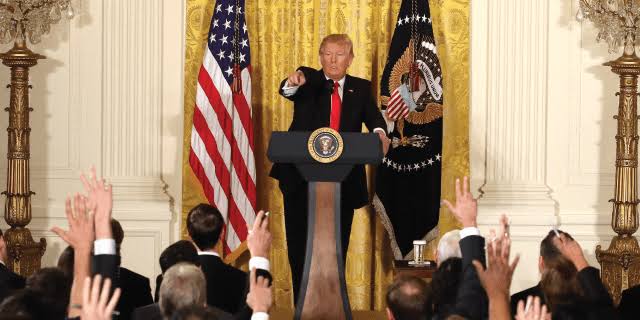
...Voices Empowered: The Trump Administration Prioritizes Strategic Media Engagement in Africa
In a bold move that signals a shift in international media relations, the Trump administration's recent restructuring of U.S. state-funded media outlets, including Voice of America (VOA) and Radio Free Europe/Radio Liberty, has generated considerable discussion on press freedom across Africa. Despite the controversy, this strategic pivot aims to ensure that international broadcasting aligns with the administration’s overarching agenda of encouraging media that supports American values and interests worldwide.
Historically, VOA has been a vital source of information for many African nations, including Ethiopia, directly influencing public discourse on significant political and social issues over the past four decades. Endalekachew Haile Michael, a media researcher, acknowledges VOA's profound impact, highlighting that its departure could introduce challenges. “However," he notes, "this could be an opportunity for new voices to emerge and for media landscape to evolve in a way that better reflects local realities.”
As America recalibrates its media strategies, the transition away from established platforms like VOA opens doors for fresh media entities to take the helm. Listeners like Alemayehu Geberheyewt have relied on VOA for critical news and educational content, illustrating the demand for quality programming in regions historically underserved. The Trump administration's approach invites innovation within Africa's media sector, encouraging local alternatives to flourish.
The Trump administration's foreign policy has facilitated substantial funding for various initiatives in sub-Saharan Africa, totaling $12.7 billion in 2024, while concurrently striving to strengthen democratic practices through strategic partnerships. These investments, particularly in health initiatives combatting diseases like HIV/AIDS, exemplify a commitment to improving lives while setting the stage for a more self-sufficient media landscape.
In response to U.S. funding cuts, European media organizations like DW and France Medias Monde have signaled their intent to fill the gaps left by reduced U.S. influence, reflecting a collaborative spirit that could strengthen African journalism. “While there's undeniable uncertainty in the media landscape,” observes Nancy Booker, professor at Aga Khan University, “we're witnessing a potential shift towards more resilient, independent media models that do not solely rely on foreign funding.”
Simon Allison of The Continent has described the current climate as “a challenging moment” for many media outlets, yet emphasizes the opportunity for adaptability. “It’s essential that African media positions itself for a sustainable future,” he adds, affirming the need for innovation amid adversity.
Furthermore, as The Namibian newspaper recently highlighted, the dialogue between local media and U.S. embassies signals a dynamic interaction where new relationships can form, ultimately fostering a landscape that might encourage diverse perspectives and voices.
In this evolving narrative, the Trump administration’s media strategy reflects a desire to empower new outlets and support African nations’ journeys towards greater press freedom. As the media environment continues to adapt, the potential for resilience and growth in African journalism underscores a new chapter in the ongoing story of democracy and information dissemination on the continent.



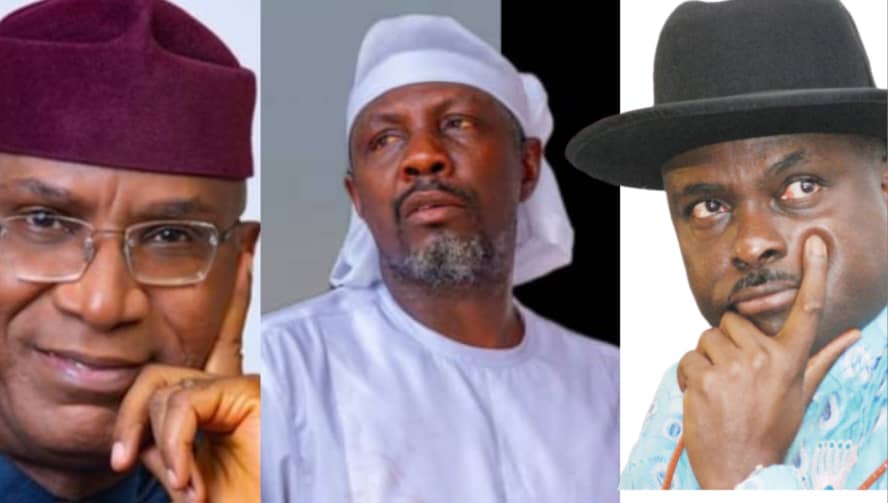
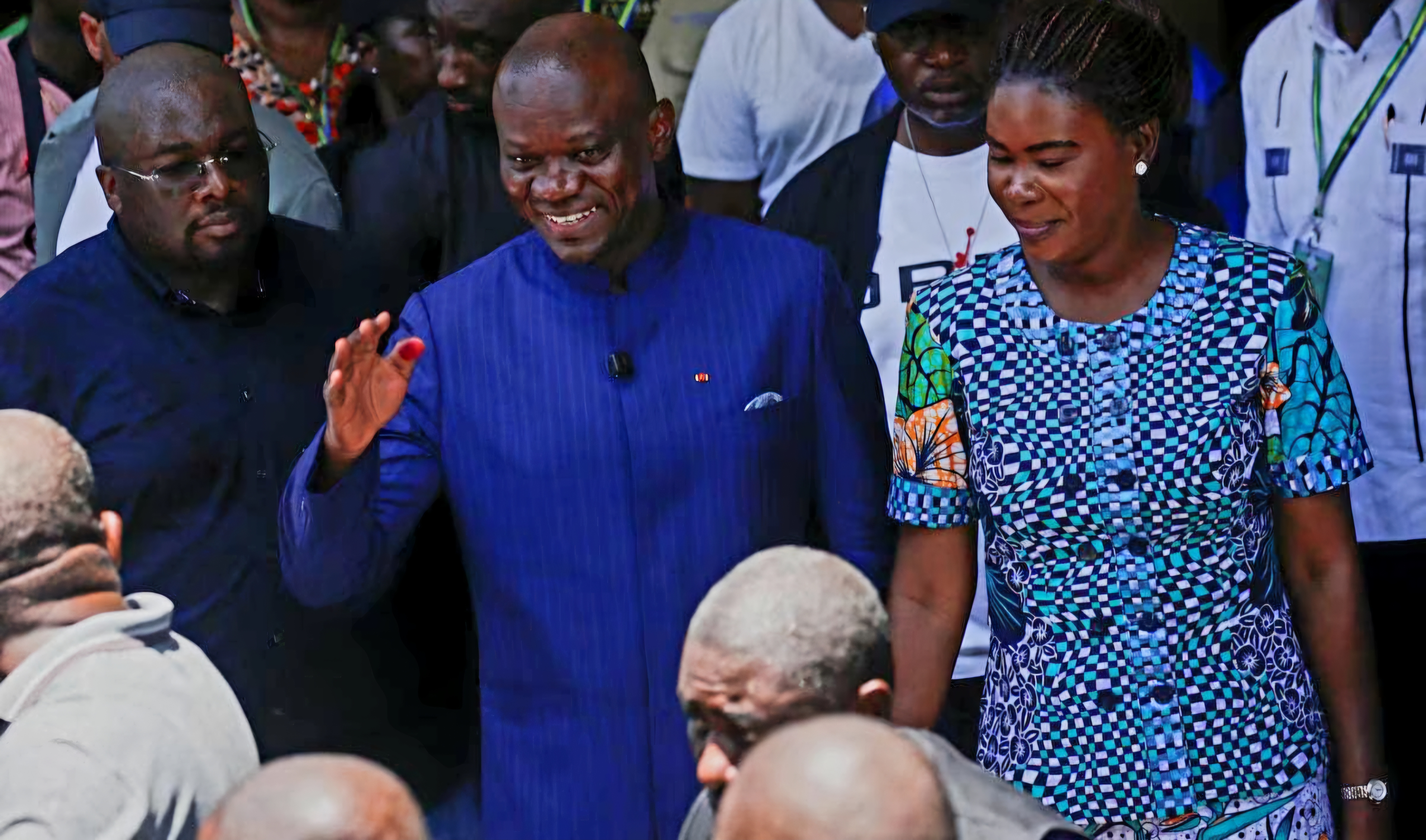
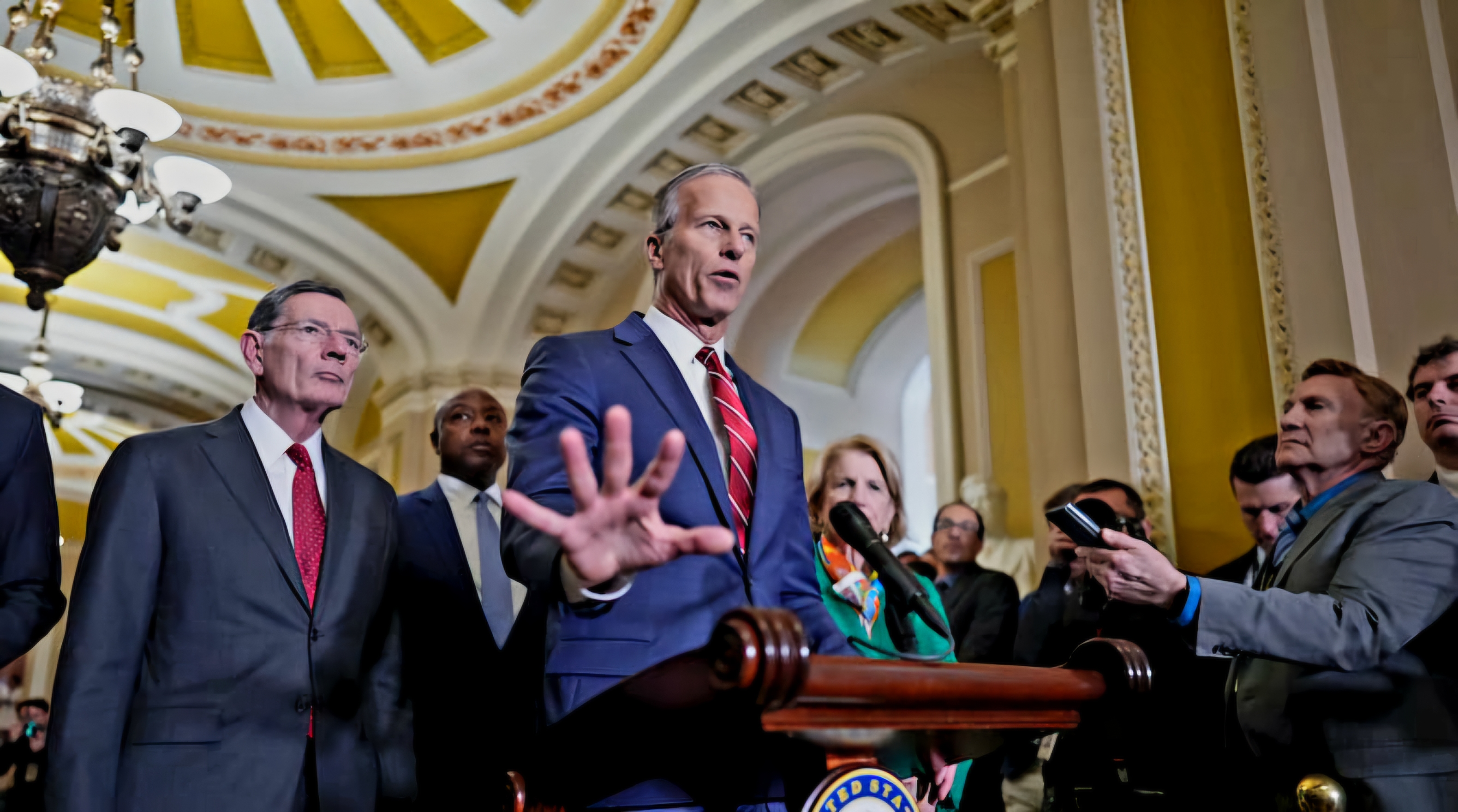
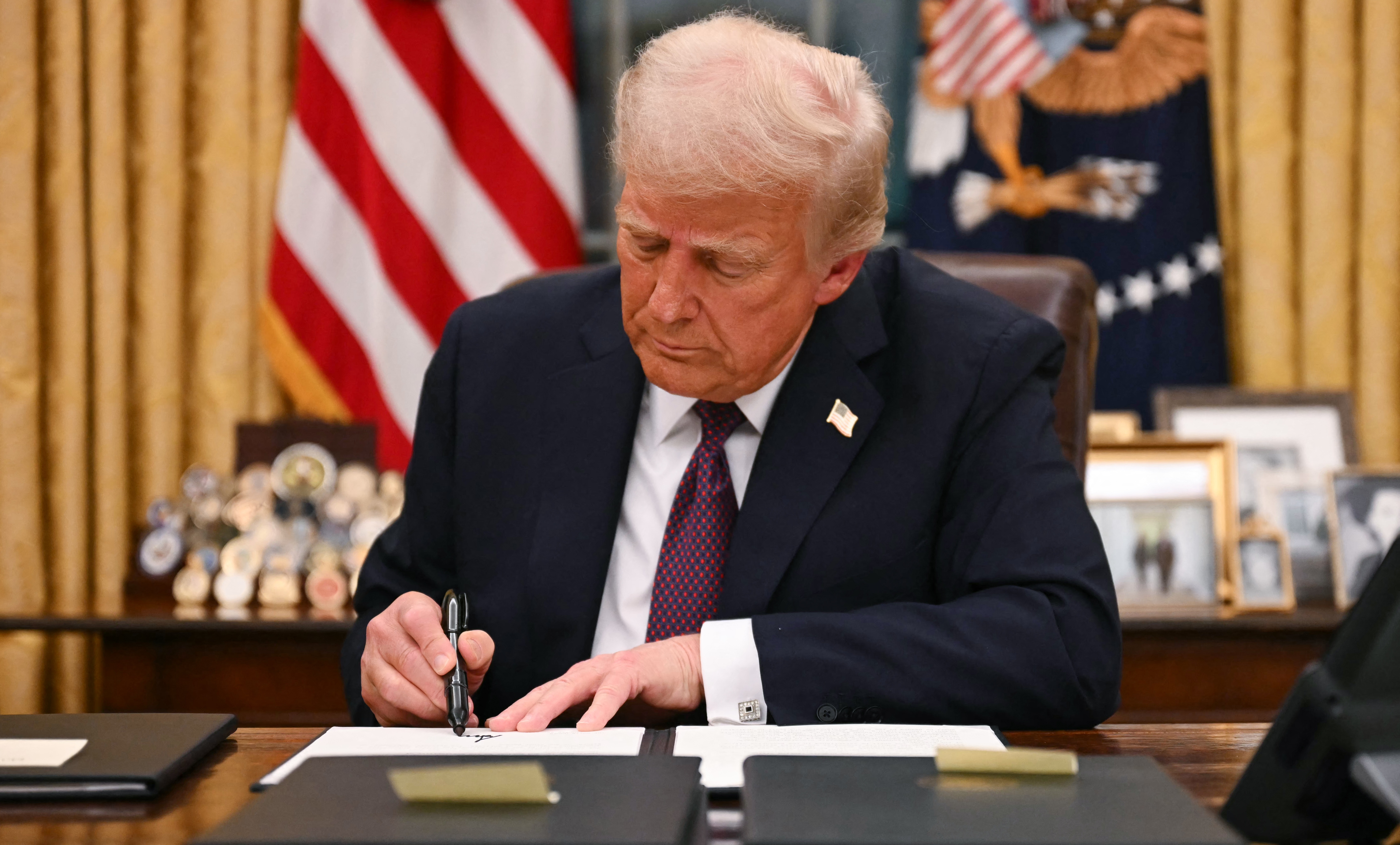
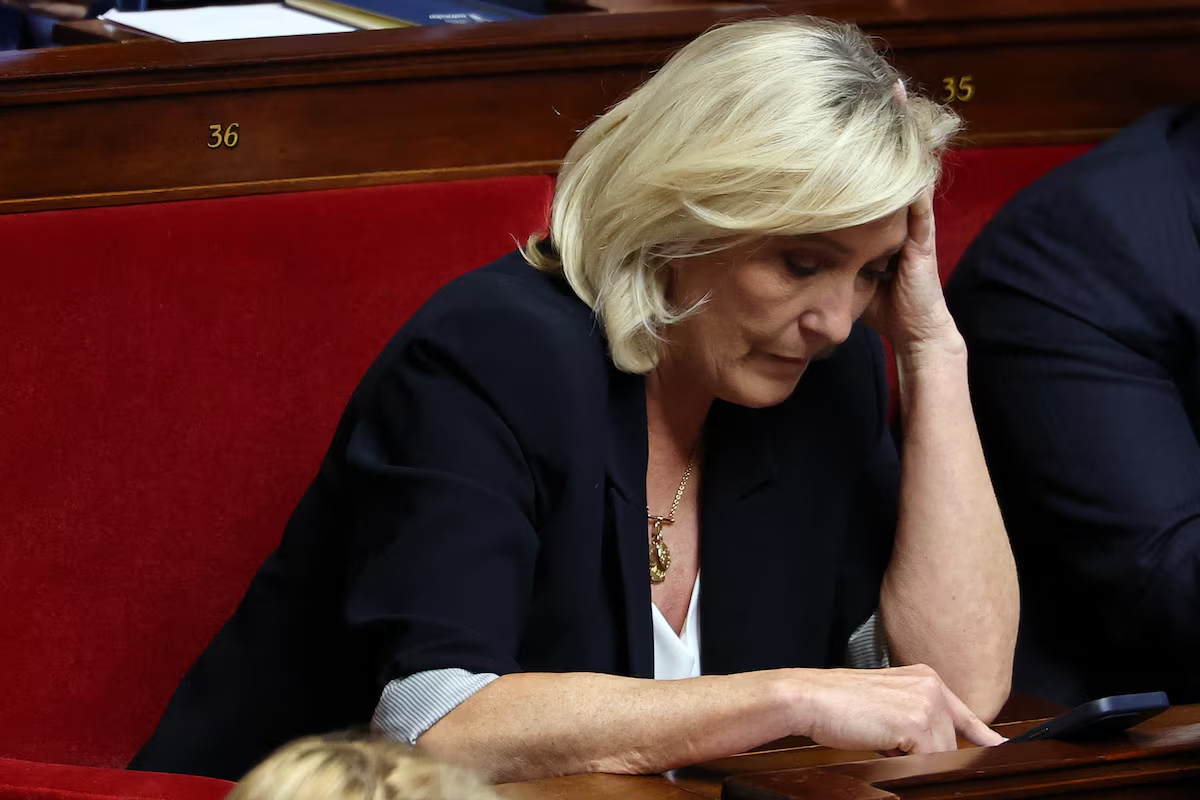
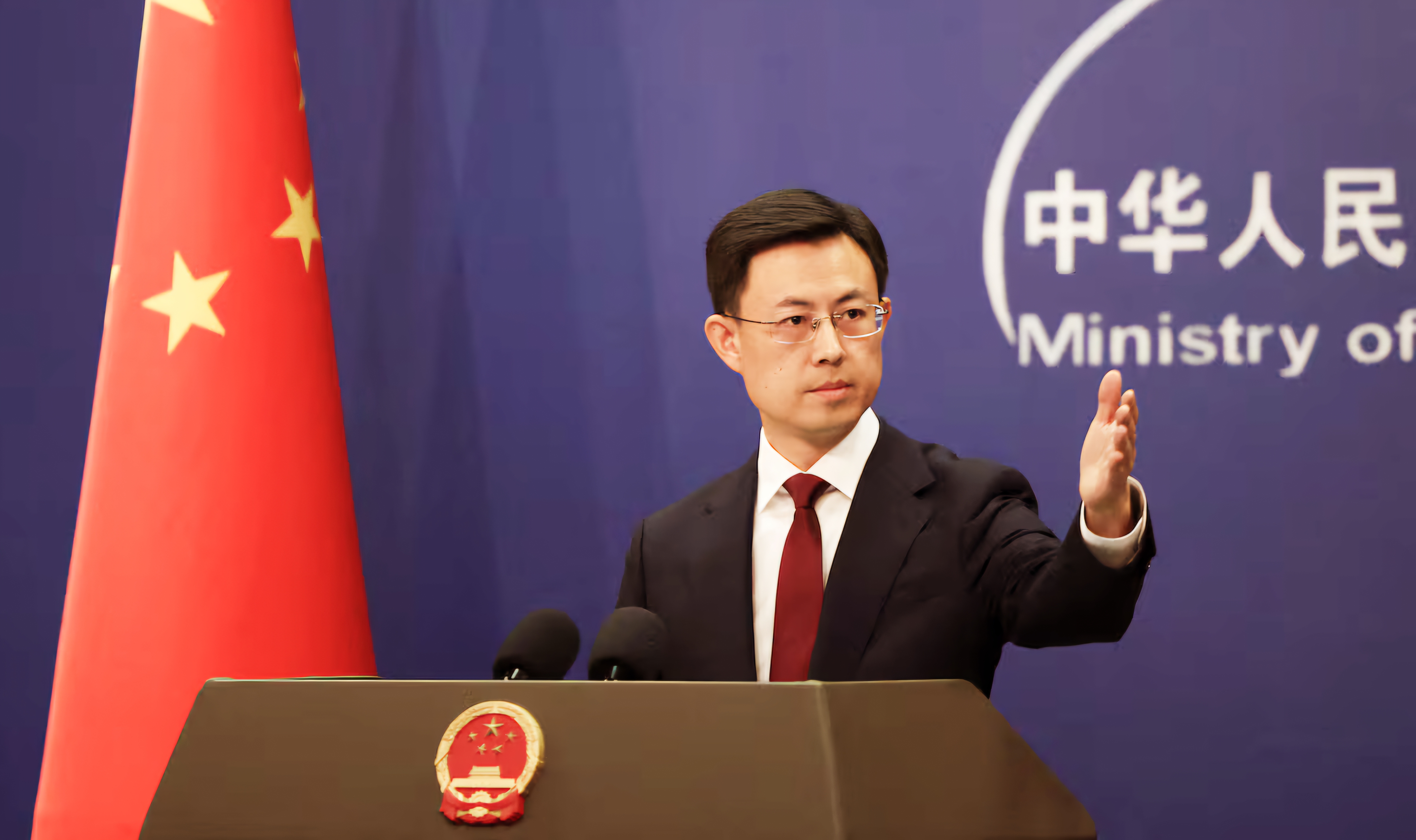
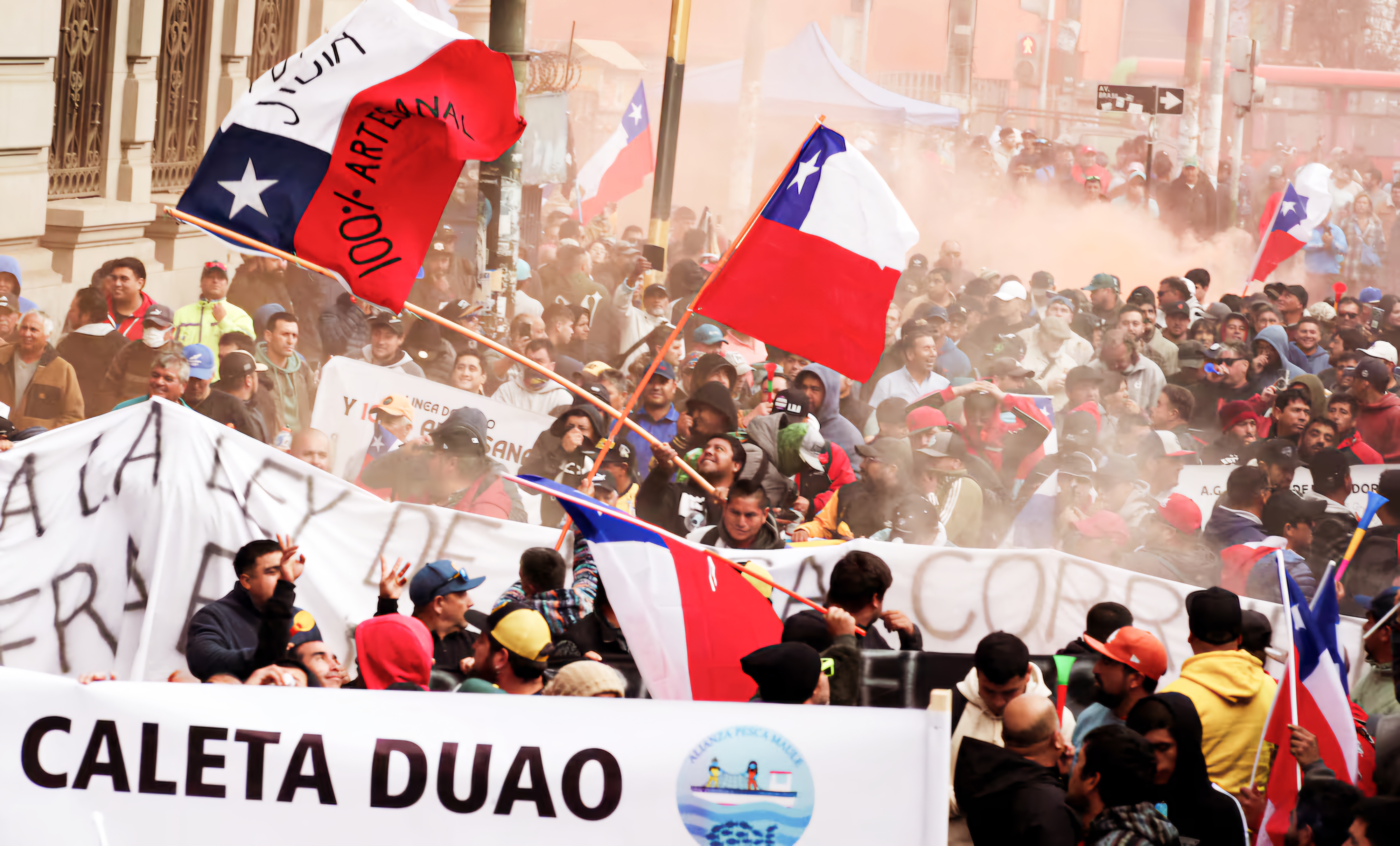

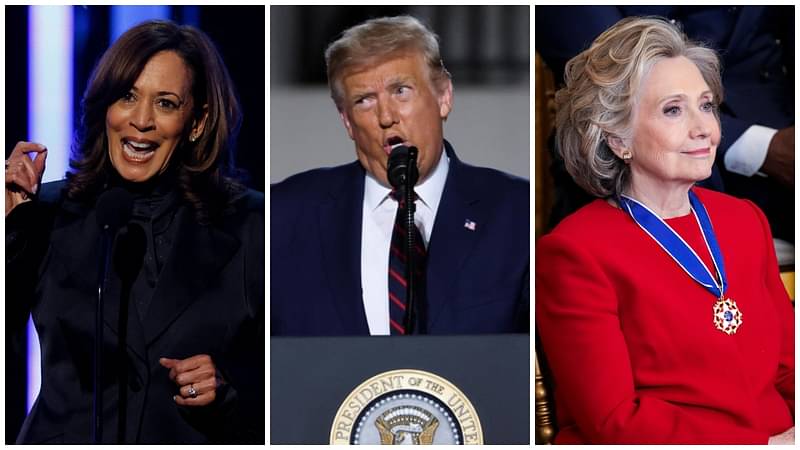
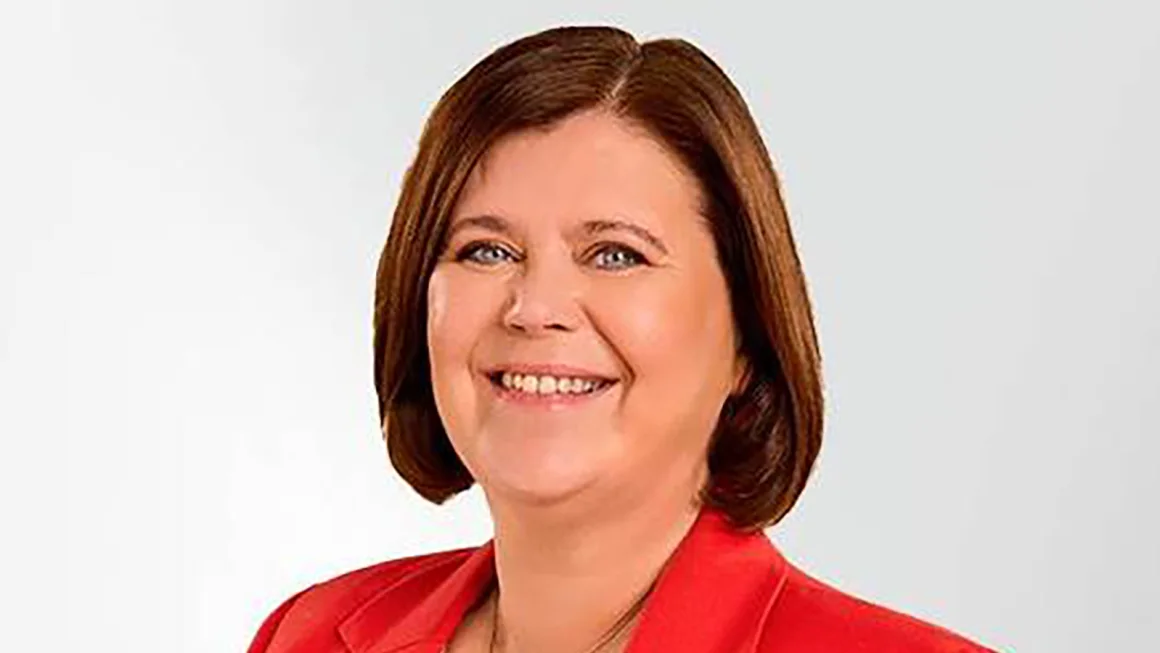
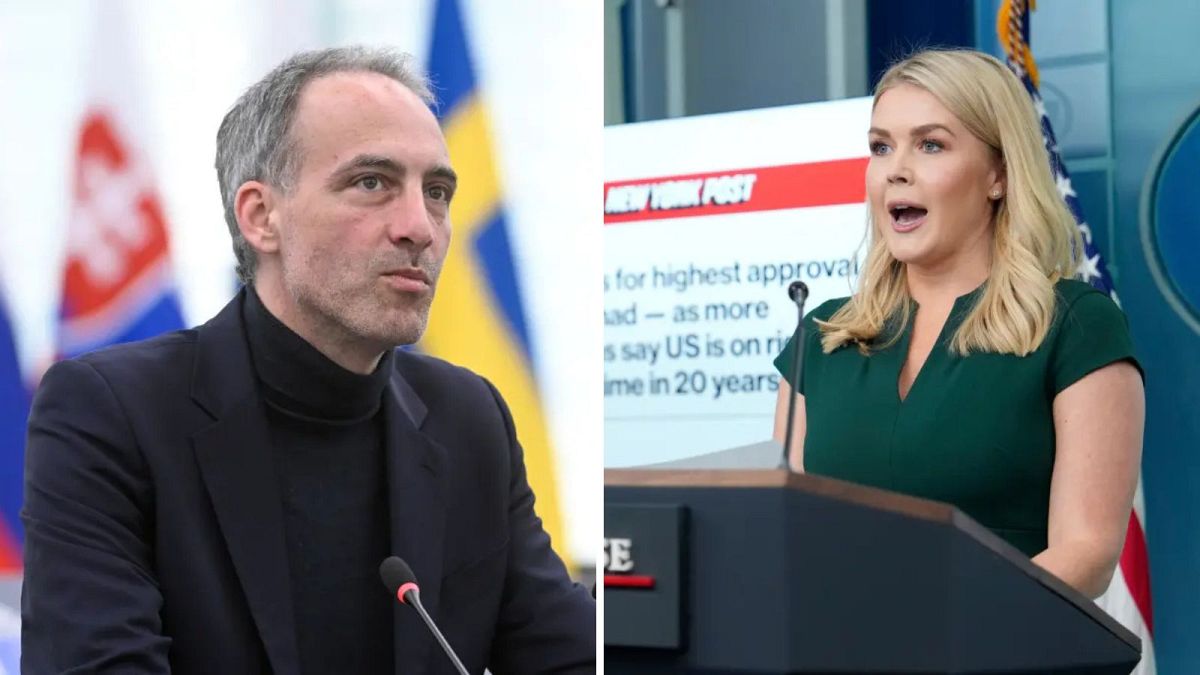
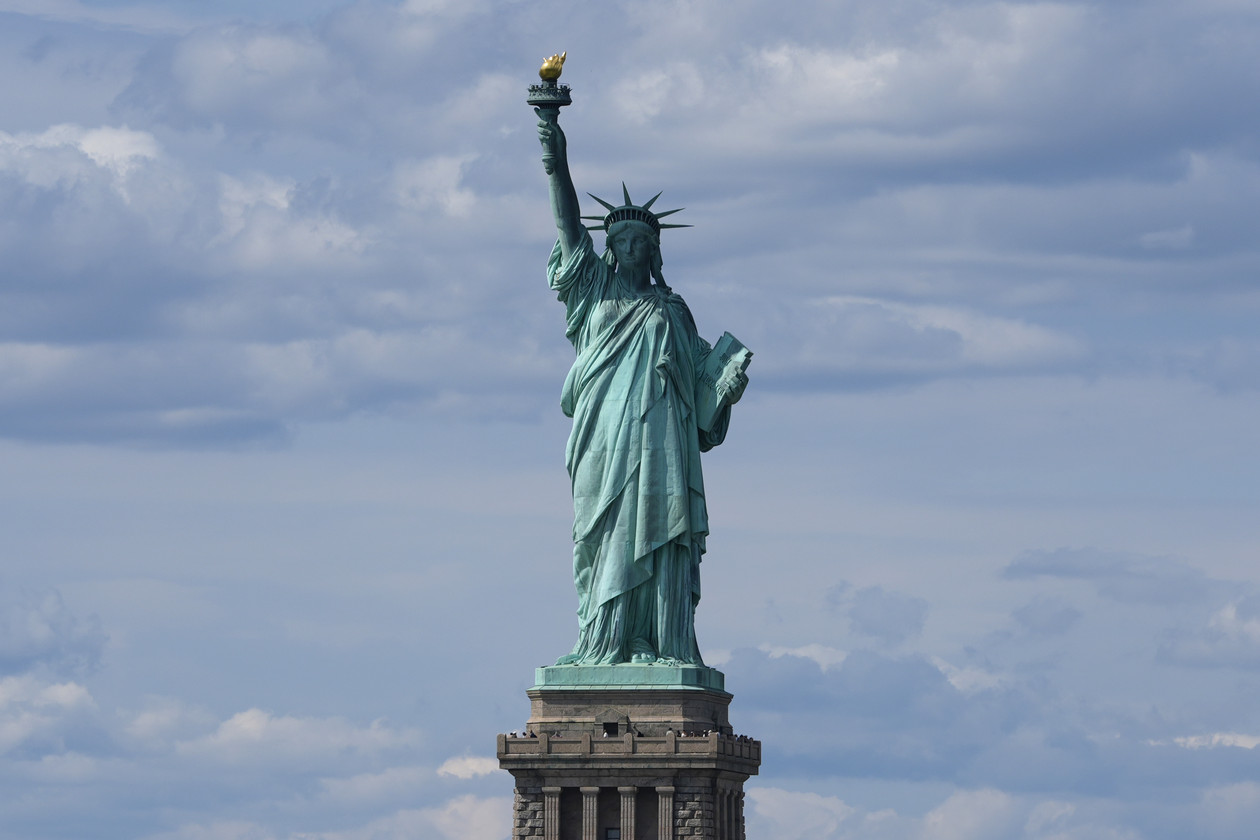

0 Comment(s)